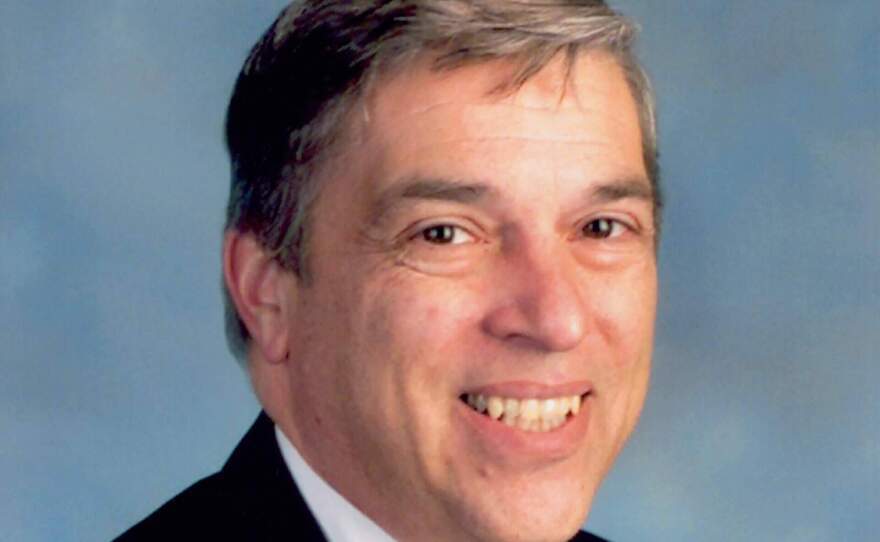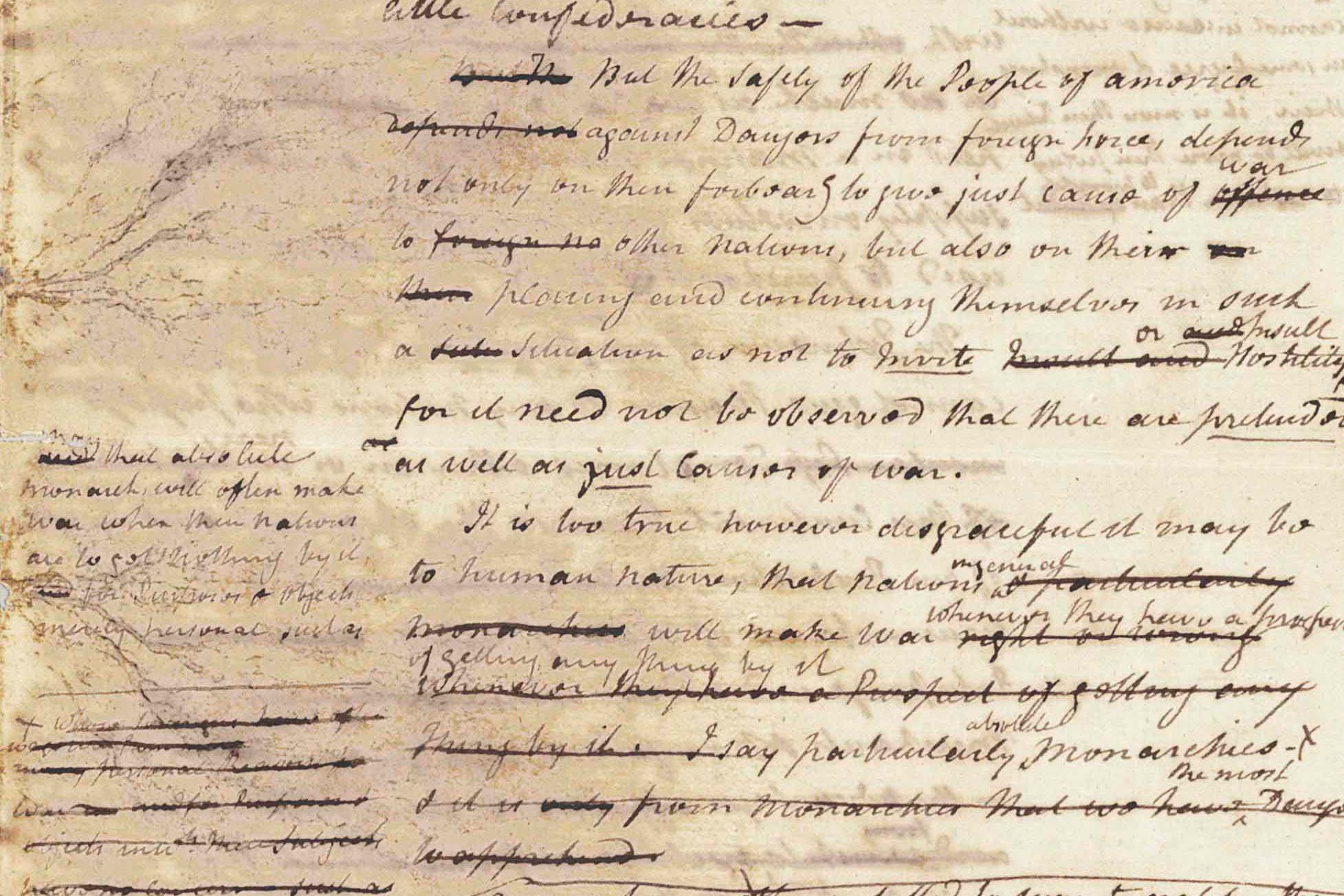Robert Hanssen, who caused one of the greatest intelligence disasters in the history of the United States of America, sharing significant state secrets with Russia, was found dead in his prison cell in Colorado in recent days. In the post-Cold War era, Robert Hanssen’s story was one of the biggest scandals in the ongoing intelligence wars between the United States and Russia.
Hanssen’s espionage adventure made headlines worldwide and became the subject of numerous reports, theses, and academic articles on intelligence and international relations. Additionally, it captured the attention of popular culture through movies like “Breach” and “Master Spy.”
The “Robert Hanssen Leak” within the U.S. intelligence community led to questioning and restructuring of intelligence agencies, primarily the FBI. Following Hanssen’s capture, the lengthy trial process was closely followed by the global public, and the U.S. government report described this incident as “the greatest intelligence disaster in American history.”
Immediately after the apprehension of Robert Hanssen, who was described as a double agent, his question to his American colleagues, “How could you not find me until now?” perhaps best summarized the catastrophe experienced by U.S. intelligence agencies.
Robert Hanssen, who was found dead in a highly secure prison cell in Colorado, had been engaged in espionage activities within the U.S. intelligence for over 20 years on behalf of Moscow, receiving over $1.4 million. He provided Russia with the information of more than 50 American agents operating in Russia on behalf of the U.S. Some of the American agents whose information Hanssen disclosed were executed. Not only did Robert Hanssen share his information with Russia, but he also transferred thousands of classified documents, shared the techniques and technologies used by U.S. intelligence with Russian intelligence, and exposed U.S. nuclear agreement secrets.
Exposed American Agents Operating in Russia
Robert Hanssen’s family background and lifestyle were no different from a typical American lifestyle. He was the son of a Chicago police officer. His family, living in the suburbs of the U.S., was an ordinary American family with their old model cars and affiliation with the Catholic Church.
Hanssen dropped out of dental school in 1976 and joined the Federal Bureau of Investigation (FBI). His colleagues at the FBI described Hanssen as gloomy and impulsive, and his interpersonal skills were quite poor.
By the 1970s, Hanssen started working for the Soviet Union intelligence, initially assisting in the exposure of Dimitri Polyakov, a known American double agent, and then began working for Russia. As he gained access to classified information within the FBI, Hanssen discovered that the FBI’s computer systems and databases were vulnerable. Continuously sharing the information he obtained within the organization with the Soviets, Hanssen started earning large sums of money in return.
Due to the money he earned, his private life, especially his family life, started to shake. He entered into a strange relationship with a stripper and his relationship with his wife Bonnie became strained. During this time, Bonnie noticed the secret documents at home and discovered that her husband was working for Russia. Under pressure from his wife, Hanssen temporarily ceased his espionage activities but, following a rapid decline in his career, he made the decision to resume spying for the Soviet Union.
Hanssen was in a peculiar psychological state. According to his lawyer, despite being extremely religious, Hanssen betrayed his country. His lifestyle, behavior, and actions were contradictory.
Hanssen’s brother also worked at the FBI. In the early 1990s, his brother discovered his cash stashes and suspected that he was engaged in intelligence activities for Russia, so he reported his brother to their superiors. However, the outcome remained unchanged. During this period, the Soviet Union began to collapse, and Robert Hanssen took a 10-year hiatus from his espionage activities for Russia. However, by 1999, Hanssen, facing financial difficulties, reestablished contact with Russian intelligence and requested to resume counterintelligence operations. Russian intelligence responded to Hanssen’s request with a note that read, as revealed in later discovered secret documents, “Welcome, dear friend.”
The Capture of Robert Hanssen
Following the capture and execution of American agents in Russia, the frequent detection and exposure of internal classified information and operational strategies by the Russians, the FBI realized that they had a super agent within their ranks and initiated a covert operation to identify this agent.
The FBI initially focused on a CIA official, believing that the super agent was within the CIA. They later detected Robert Hanssen’s fingerprints on a garbage bag suspected to have been used for document transfers. After this discovery, the FBI shifted its focus entirely to Hanssen and assigned assistants whose sole duty was to monitor him. Listening devices were also installed in Hanssen’s office.
To prove that Robert Hanssen was a super agent and catch him red-handed, the FBI assigned a team of 300 people. During this process, Robert Hanssen became aware that he was being followed and prepared a computer diskette containing classified information along with a note saying, “The sleeping giant has awakened,” addressed to his superiors in Russia. He packaged this diskette in a trash bag to deliver it to the individuals he was connected to in Russian intelligence.
While Robert Hanssen was dropping off his trash bag in a park in Virginia, he was caught in the act by the FBI and arrested. After being apprehended, he admitted to 15 highly classified espionage offenses and confessed to betraying in order to avoid receiving the death penalty.
Lessons Learned by the United States from This Incident
Robert Hanssen, who made history as a super agent and was involved in one of the biggest espionage scandals after the Cold War, was found dead in a highly secure prison cell last week. The presence of Robert Hanssen had a significant impact on U.S.-Russia relations, but the real change it brought about was the structural transformation of U.S. intelligence agencies, primarily the FBI.
Eric O’Neill, who was assigned as an assistant by the FBI during Hanssen’s capture, documented all these events in his book and stated, “Hanssen is the architect of the modern FBI. Through him, many flaws within the FBI were exposed. Intelligence agencies underwent significant restructuring to ensure that such an incident would never happen again.”
Written by Umut Guner



